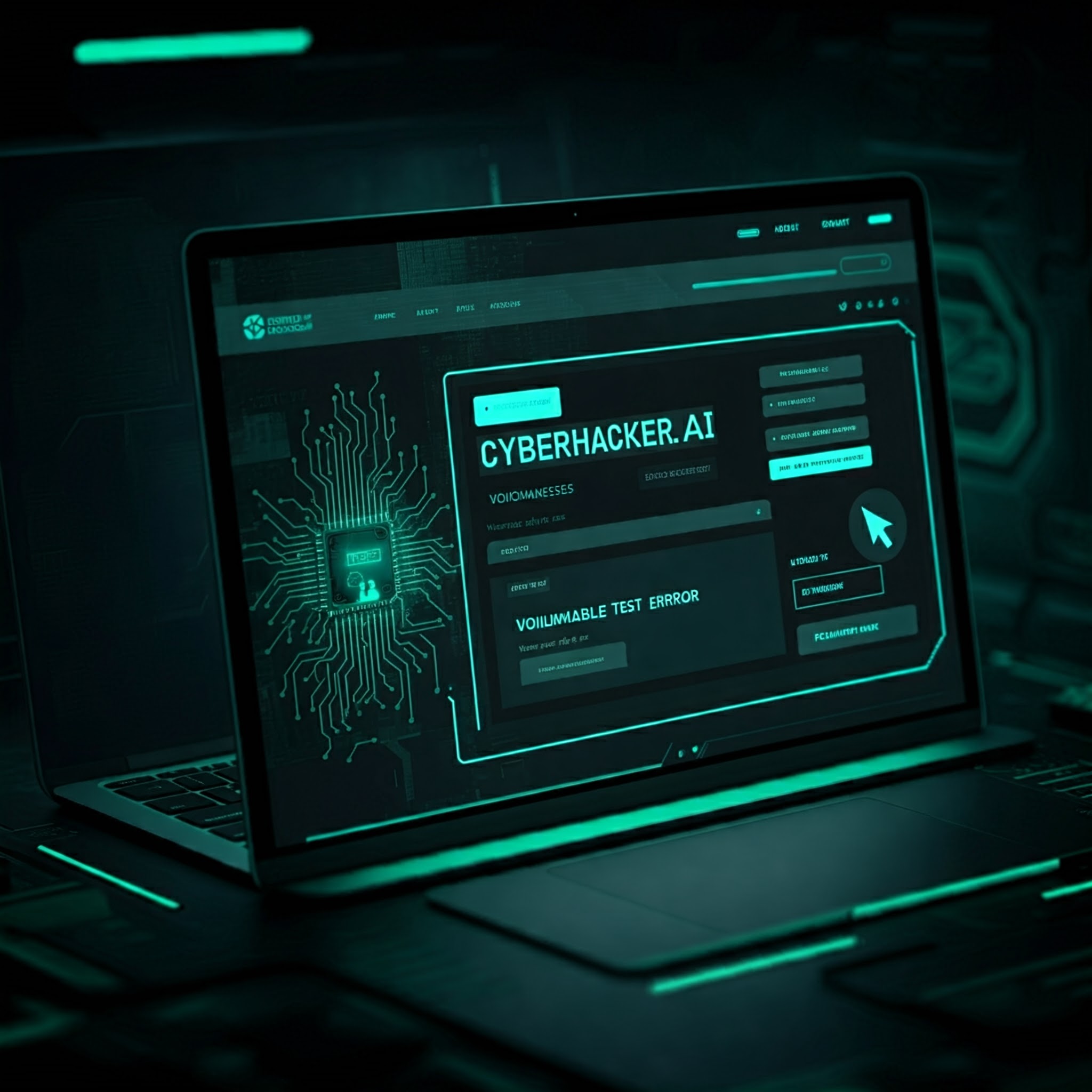Incident response is a crucial aspect of cybersecurity, involving a coordinated approach to identifying, managing, and mitigating the effects of cyberattacks. With the growing number of cyber threats, organizations are finding it challenging to respond swiftly and effectively to breaches. Artificial Intelligence (AI) is now changing how incident response is managed, transforming the way organizations handle security breaches.
One of the key benefits of AI in incident response is speed. When a cybersecurity incident occurs, time is of the essence. Traditional response methods often involve manual investigation and remediation steps, which can be time-consuming and may lead to delays in mitigating the threat. AI, on the other hand, can analyze data in real time, detect breaches instantly, and initiate response protocols without human intervention. This enables organizations to contain attacks before they escalate, minimizing damage.
AI-driven incident response involves using machine learning algorithms to identify unusual patterns of behavior that could indicate a security breach. By continuously analyzing data across the network, AI can detect anomalies that humans might miss. For instance, if a user account suddenly attempts to access sensitive data at an unusual time, the AI system can flag this as suspicious activity. Once a threat is detected, AI can automate actions such as isolating compromised systems or blocking unauthorized users.
AI also plays a critical role in prioritizing incidents based on risk. Not all security breaches have the same level of severity. AI can assess incidents based on factors such as the type of data involved, the potential impact on the organization, and the likelihood of further exploitation. This helps security teams allocate resources effectively, focusing on the most critical incidents first.
Moreover, AI can assist in post-incident analysis. After a breach is contained, it’s important to understand how the attack happened and what vulnerabilities were exploited. AI can sift through logs and other data sources to reconstruct the sequence of events, providing valuable insights that can be used to prevent similar attacks in the future.
While AI offers significant advantages for incident response, it is not a complete replacement for human involvement. Skilled cybersecurity professionals are needed to interpret AI findings, fine-tune response strategies, and make decisions that require judgment and understanding of the broader business context. AI acts as a force multiplier, enabling security teams to be more effective in handling incidents and reducing the overall time to remediation.













